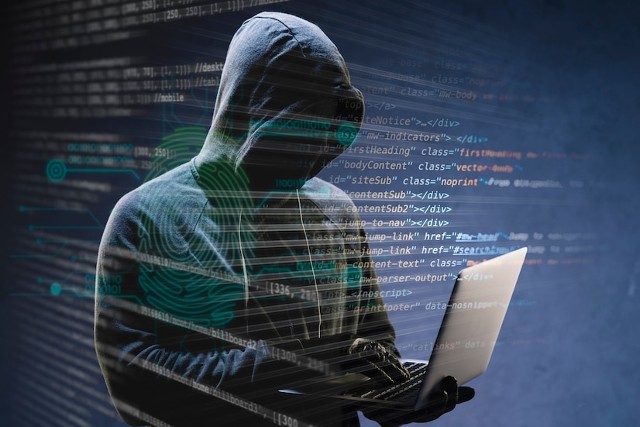Hackers are putting your personal and financial information at risk. Understanding how they work and what you can do to protect yourself is essential.
When computers were big putty-colored boxes, hackers played silly pranks like flashing “Legalize Marijuana!” or playing Yankee Doodle across your screen. But these days, hackers are a much more dangerous breed.
They are highly skilled
Hackers are skilled at breaching security to gain unauthorized access to phones, tablets, computers, IoT devices, or networks. They exploit technical and social weaknesses to breach defenses and gain unauthorized access.
Creativity is a must for hackers, whether finding a new way to break a password or creating different types of phishing emails. They also can systemize, which allows them to understand complex systems and find vulnerabilities quickly.
Some hackers are ethical, called “white hats,” while others are black or gray, meaning they have good intentions but still engage in technically illegal hacking. The rest are criminals who steal or destroy data, cause damage to systems, and cause financial loss.
They are motivated by money
Most hackers are motivated by the potential for financial gain. This can be extorting money from victims, selling information on the dark web, or directly stealing funds. According to Verizon’s latest report on data theft, this was the leading motive behind data breaches.
Other hacking motivations include espionage, ideology, and personal vendettas. Whistleblowers hack into organizations to expose wrongdoing, while malicious insiders target their employers for various reasons.
Some hack for the challenge and enjoyment of breaking into restricted systems. They may not care about the consequences and are often called “script kiddies” for their immature approach to cybercrime.
They are a group
What is a hacker, and what is another word for a hacker? The term hacker refers to people who use computers to violate privacy and access confidential data. There are numerous hacker groups worldwide, and they range in size from a few members to sprawling criminal networks.
The most famous hacker group is Anonymous, which has hacked governments and corporations, including, oddly, the Church of Scientology. Its members wear the Guy Fawkes mask from the V For Vendetta franchise to keep their identities secret.
Other hacker groups include Morpho (Wild Neutron, Sphinx Moth, and Butterfly), a cyber espionage group targeting technology, finance, and pharmaceutical companies. Their attacks have caused significant damage and disruption.
They are a hobby
Many people use hacking as a hobby to relax and have fun. They can do it independently or with friends, but the pursuit is addictive. It helps them forget their troubles and gain self-confidence. The hacker culture also values competence over ego and posture.
The hacker culture is a community of people who love to be creative and playful. It includes people who apply the same creative attitude to other fields. For instance, reality hackers and urban spelunkers use hacking techniques to explore unauthorized building areas.
The hacker subculture was first developed at MIT in the 1950s and 1960s. Students searched for shortcuts in their programming. These shortcuts became a badge of pride, and the students who found them called themselves hackers.
They are a career
The word hacker conjures images of seedy rooms and illegal activities. However, hacking can be a career choice. While most hackers work for money, malice, or both, some do it for fun and as a challenge to their skills. These are called gray hat hackers. They are between black and white hats, using hacking to improve the cyber security of companies and organizations.
Before they go public, they test software, apps, and other releases for vulnerabilities. They are also responsible for network security protocols, hardware implementation, and management.
They are a target
We hear so much about hackers and cyber-attacks that we might be the next target. However, that is only sometimes the case.
Hackers are targeting you through harmful emails or malware that you might click on. That is why you should double-check before clicking on any links!
Financial institutions are a big target because of the personal information they have, including Social Security numbers and credit card numbers. This information can be sold on the Dark Web for a high price.
C-suite executives are also a target for hackers because they can access sensitive company data. Additionally, hackers can get private information about these individuals from their public social media profiles.
They are a crime
Hackers can be a crime if they steal sensitive information or commit cyber attacks that disrupt services or cause financial loss. Some examples include phishing emails that trick people into divulging personal information, ransomware that locks users’ files until they pay a fee, and denial-of-service attacks in which hackers flood servers with traffic to prevent them from responding to legitimate requests.
However, not all hacking is criminal. Professional hackers, known as ethical hackers, often use their skills to test cybersecurity defenses for businesses. But hackers just trying to make money or gain notoriety may be engaging in criminal activity.
They are a group of people
Hackers are a group of people who work together to break into computer systems. They often report the vulnerabilities they find to companies, which can help improve security. They can also use these vulnerabilities for their gain. This is called hacktivism.
The term “hacker” was first used in the 1960s to describe a person who modified or hacked technology. Early hackers were interested in expanding the capabilities of computers by removing or modifying machine code instructions.
Black hat hackers are more organized, with organizations that operate like franchises and sell malware. They can also hire other hackers to carry out attacks.
They are a profession
Hackers get a bad rap in movies and TV shows but are honest people with serious jobs. Today’s hackers are no longer social misfits entertaining themselves with all-night geek hijinks and energy drinks. They’re highly trained professionals who work for prestigious companies and government agencies.
White-hat or ethical hackers are the good guys in the cyber world. They test and monitor systems, report bugs, and help prevent cyber attacks for a living.
Gray-hat hackers, on the other hand, fall between black hats and white hats. They’re well-intentioned but still use some of the same techniques as black hats to breach systems they have permission to test.


